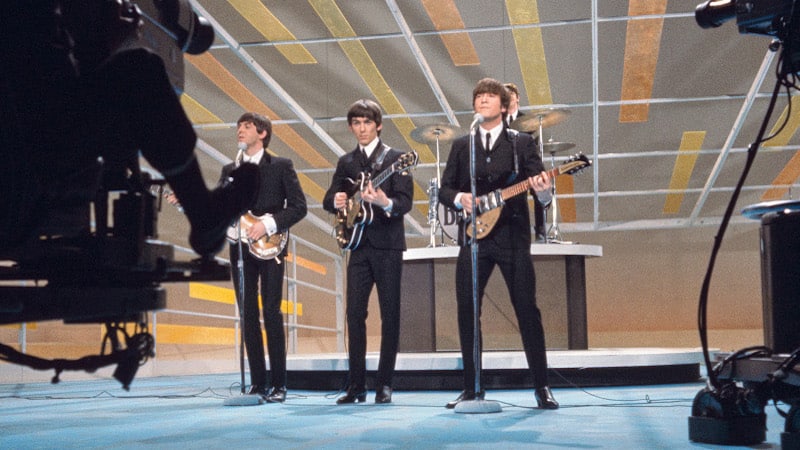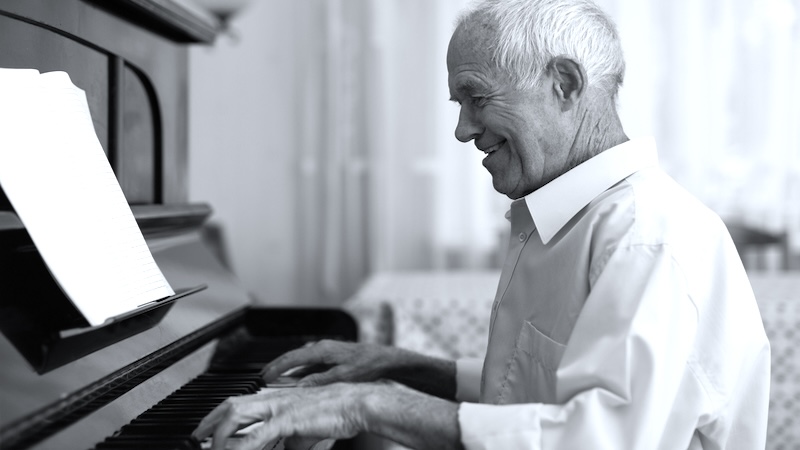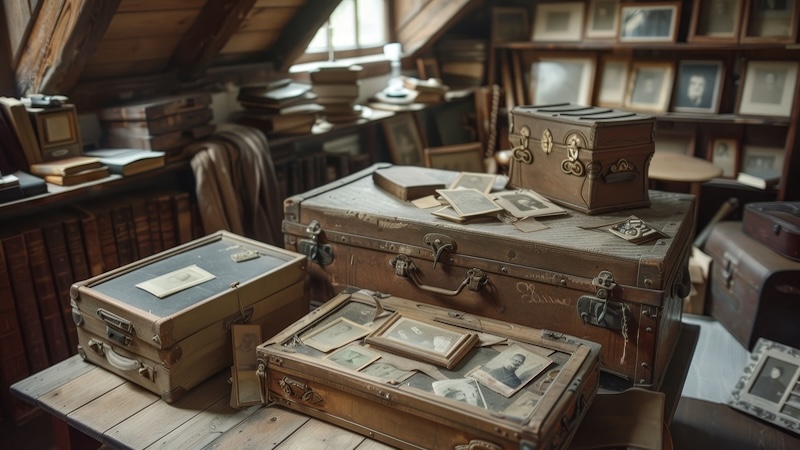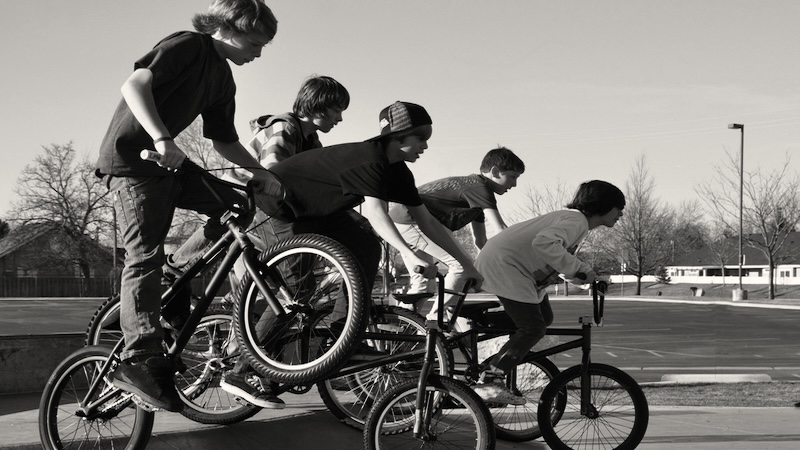Finding Salvation in The Beatles after a Breakdown
More effective than Ativan or Lexapro

Recovery and healing can come in unexpected ways, including through The Beatles. Writer Iris Dorbian explains.
Twelve years ago, following a string of disappointments and difficulties, I had a nervous breakdown. Mounting anxiety caused by a toxic job, financial insolvency and a botched romance gave away to chronic insomnia, which escalated into daily panic attacks that made me fear I would not last into the impending New Year that was 2010.
Desperate for relief from the pain that had made my life unbearable, I sought help from a revolving circle of psychiatrists and specialists. I even consulted a cognitive behavioral therapist for assistance in weaning me off my short-term dependency on Ambien. Some were helpful while others, which included a nurse practitioner who prescribed an anti-depressant that turned me into a brain-atrophied zombie who could barely walk a block down her busy New York City neighborhood let alone perform her job, were not.
But there was one panacea for my woes that became an elixir for my anguish, soothing me in a way that the medication and nonstop therapy sessions didn’t – and that was The Beatles.
John, Paul, George and Ringo.
And it wasn’t just their music that was a salve to my mental malaise. It was anything in the Beatles canon or lore, be it books on the Fab Four that I’d spend hours poring over at the now-defunct Barnes and Noble outlet at Lincoln Center or previously aired TV documentaries posted on YouTube that I’d watch and listen to on a headset at work when I was either on a down time or engaged in some monotonous drudgery.
The Beatles on Ed Sullivan. Check. The Beatles performing in Shea Stadium at their landmark 1965 concert. Check. The Beatles recounting their history in interviews, whether together or separate. Also, check.
It didn’t matter what it was. Every day I’d grab my Beatles fix with an appetite I could not muster for Ativan, Lexapro or any of the other infernal pills that doctors would insist I take as if they were dishing out peanuts and I was their ongoing human experiment in a cage.
Not that my affection for The Beatles was an aberration or a sudden overnight occurrence. During the summer of 1974, almost 49 years ago, when I was teetering between childhood and adolescence, I had “discovered” them with a friend, Melanie. Every day, either she or I would go to each other’s house, play the LPs until one of our parents would cry out in mercy to stop, and talk Beatles. We read Hunter Davies’ bio of The Beatles and voraciously consumed every Beatles-related article we could find.
Remembering The Beatles’ first U.S. appearance
She developed a crush on John Lennon, finding an affinity with his brooding introspectiveness and acid wit, while I gravitated toward Paul McCartney because, well, he was cute.
And when one of them was on TV, we’d alert each other immediately as if relaying an important news bulletin and then rehash and dissect the event the next day with a gravity of purpose pundits often reserve for economic summits. We were proud and unabashed Beatlemaniacs, the second generation.
By the time Ken Russell’s over-the-top movie adaptation of The Who’s “Tommy” was released a year later, our Beatlemania subsided. We had found new music idols to worship. She loved the anarchic antics of The Who’s wildman drummer Keith Moon while I adored frontman Roger Daltrey, in all his blond rock god glory, because well, he was hot.
But I never forgot my early love for the four lads from Liverpool and neither did Melanie. Shortly after the murder of John Lennon, we commiserated with each other in a long telephone conversation – even though at that point in time we were both attending college and had long been out of each other’s orbit.
So it was hardly ironic that when I was at my personal and professional nadir, I reached out to The Beatles for my salvation. Perhaps in immersing myself in all things Beatles, I was looking to reactivate an innocent, simpler time when life didn’t seem to be about money, status, career, relationships and other pressure points that can make adulthood a brutally harsh experience.
I did recover from that breakdown, but it was a slow and laborious process. More so than any medication or therapy session, it was The Beatles that offered me the same sheltering comfort in 2010 as they did the summer of ’74. Except this time, they were a special bridge back to a period when hope in the form of a still unmined future, stretched out before me like a limitless expanse, vast and welcoming. All you need is love indeed.
Iris Dorbian is a professional business and arts journalist whose articles and essays have appeared in myriad outlets that include Forbes, Wall Street Journal, Business Insider, Playbill, Backstage and more. She’s the author of three books, most recently, Sentenced to Shakespeare (Sunbury Press/Milford House Press, 2019).


